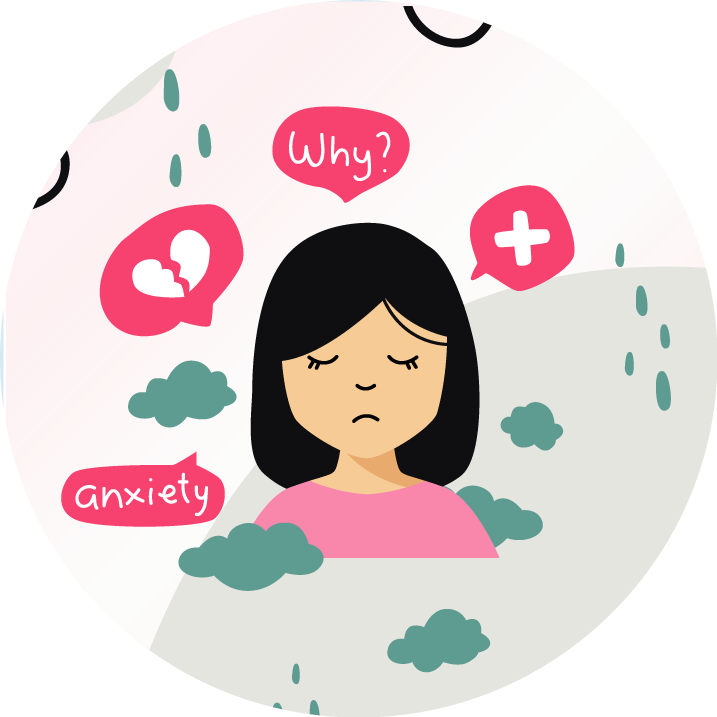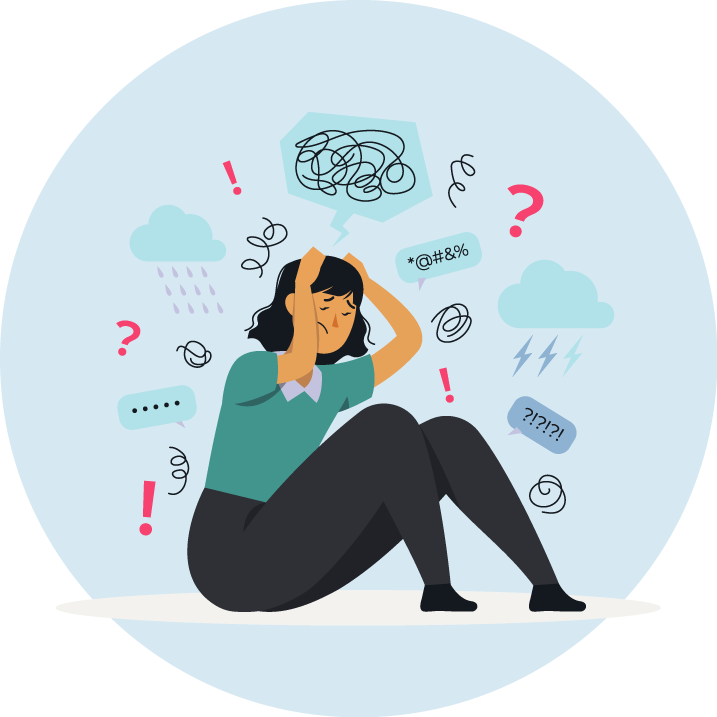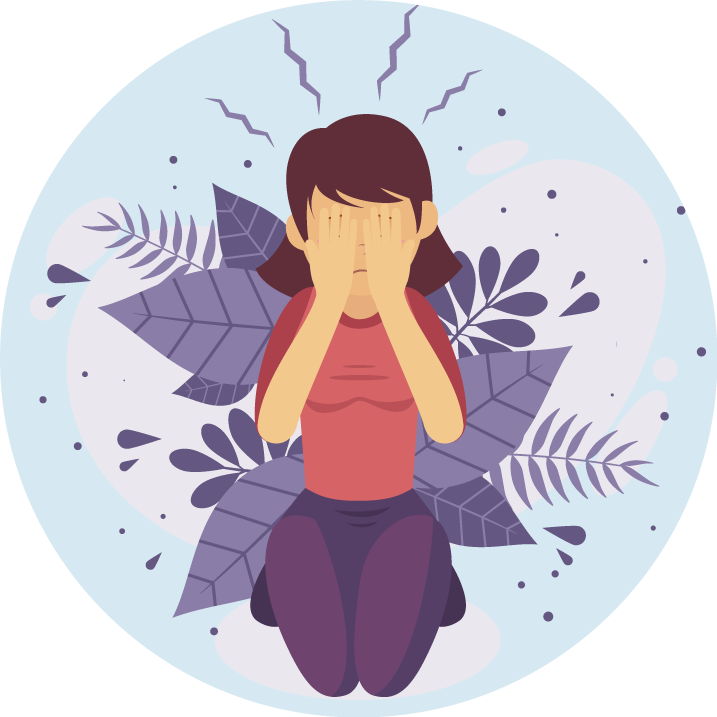Don't Dismiss – When Someone Tells You They're Hurt

Don't Dismiss – When Someone Tells You They're Hurt
September 24 2025 TalktoAngel 0 comments 22 Views
We’ve all heard it, or maybe even said it ourselves:
- “You're overreacting.”
- “It’s not a big deal.”
- “Just let it go.”
These words may come from a well-meaning place, but they can feel deeply invalidating when someone is opening up about emotional pain. When a person tells you they’re hurt, it’s not just about the event itself; it’s about how they feel, what they experienced, and what it means to them.
From a psychological and emotional standpoint, dismissing someone's feelings can be damaging. It can lead to emotional shutdown, trust issues, and even long-term mental health concerns. Whether it's a partner, friend, colleague, or child, validating their emotional experience is key to building trust, empathy, and emotional safety.
What Does Emotional Dismissal Look Like?
Emotional dismissal doesn't always look harsh or aggressive. It can be subtle, unintentional, and often masked as advice or positivity. Here are a few examples:
- “At least it’s not worse.”
- “Others have it harder.”
- “Don’t be so sensitive.”
- “You should be over it by now.”
Even silence or changing the topic when someone expresses hurt can be a form of dismissal. These responses send a message: your feelings are not important or valid.
Why Do People Dismiss Others’ Pain?
Many people don’t dismiss feelings out of cruelty; it often stems from discomfort, lack of awareness, or emotional avoidance.
Common reasons include:
- Not knowing how to respond to emotional pain
- Wanting to fix the situation instead of feeling it
- Feeling triggered by the topic itself
- Growing up in environments where emotional expression was minimized or ignored
However, intent does not erase impact. Even if it’s unintentional, emotional invalidation can feel like rejection to the person sharing.
Psychological Impact of Dismissing Hurt
When someone’s pain is minimized or ignored, the consequences can be deeper than we realize:
- Internalized Shame: The person may start to believe that their feelings are wrong or “too much.”
- Emotional Suppression: Repeated invalidation can lead to people bottling up emotions, which is linked to anxiety and depression (Gross & Levenson, 1997).
- Damaged Relationships: Lack of empathy creates emotional distance and erodes trust.
- Mental Health Issues: Emotional invalidation in childhood, especially, is a major risk factor for developing borderline personality disorder and other emotional regulation disorders (Linehan, 1993).
What is Emotional Validation, and Why Is It So Powerful?
Emotional validation means acknowledging and accepting another person’s feelings, even if you don’t fully understand or agree with them. It doesn’t mean you have to fix the problem. It means you’re present, open, and willing to listen.
Examples of validation:
- “That sounds really difficult.”
- “I can see why that would hurt.”
- “I’m here with you.”
- “Your feelings are completely valid.”
According to Rogers' person-centered therapy in counseling, unconditional positive regard and empathy are essential for healing and growth (Rogers, 1951). Simply being heard and understood can be therapeutic in itself.
How to Respond When Someone Tells You They’re Hurt
Here are some simple yet powerful ways to respond with care and empathy:
1.Pause and Listen Without Defensiveness
Instead of immediately explaining or justifying, pause. Let the person speak their truth. Defensiveness shifts the focus to you instead of the one who is hurt.
2.Acknowledge Their Feelings
Say things like:
“I didn’t realize that it affected you that way.”
- “Thank you for telling me.”
- “I’m sorry you felt that way.”
3.Stay Curious, Not Judgmental
Ask gently:
- “Can you help me understand what upset you?”
- “What do you need from me right now
4.Don’t Minimize
Avoid comparisons or silver-lining statements. Instead of “at least…”, say “I can see this matters to you.”
5.Take Responsibility if Needed
If you unintentionally caused harm, own it. A sincere apology like, “I’m sorry I hurt you, that was not my intention,” goes a long way.
The Role of Therapy in Healing Emotional Invalidations
Many people carry long-term wounds from having their emotions dismissed by parents, partners, or society. Therapy can help individuals:
- Recognize their right to feel
- Develop healthier emotional expression
- Build self-esteem and emotional resilience
- Process past invalidation and reframe beliefs
Therapies like Dialectical Behavior Therapy (DBT) and Cognitive Behavioural Therapy focus heavily on validation and emotional regulation (Linehan, 1993; Gilbert, 2010). For many, online counselling or in-person counselling becomes a safe space to experience what emotional validation truly feels like.
By creating safe emotional spaces, we allow others to express themselves without fear of judgment or rejection. Validation doesn't mean agreement, it means respect. When we respond with presence and compassion, we support not just the individual, but a healthier culture of emotional honesty. Over time, this shift can reduce misunderstandings, enhance communication, and build deeper, more resilient relationships. Listening with empathy is not a passive act, it's a powerful form of love and care.
Contributed by: Dr (Prof.) R K Suri, Clinical Psychologist & Life Coach, & Ms. Sakshi Dhankhar, Counselling Psychologist
References
- Gilbert, P. (2010). Compassion-focused therapy: Distinctive features. Routledge.
- Gross, J. J., & Levenson, R. W. (1997). Hiding feelings: The acute effects of inhibiting negative and positive emotion. Journal of Abnormal Psychology, 106(1), 95–103. https://doi.org/10.1037/0021-843X.106.1.95
- Linehan, M. M. (1993). Cognitive-behavioral treatment of borderline personality disorder. Guilford Press.
- Rogers, C. R. (1951). Client-centered therapy: Its current practice, implications, and theory. Houghton Mifflin.
Leave a Comment:
Related Post
Categories
Related Quote

“Anxiety is a thin stream of fear trickling through the mind. If encouraged, it cuts a channel into which all other thoughts are drained.” - Arthur Somers Roche

"It is okay to have depression, it is okay to have anxiety and it is okay to have an adjustment disorder. We need to improve the conversation. We all have mental health in the same way we all have physical health." - Prince Harry

“You say you’re ‘depressed’ – all I see is resilience. You are allowed to feel messed up and inside out. It doesn’t mean you’re defective – it just means you’re human.” - David Mitchell, Cloud Atlas

“So much developmental trauma can be avoided if we simply give children the right to exercise their natural right to play, to move, to explore the outdoors unsupervised… if we let children be children!” - Vince Gowmon

“Sorrow looks back, worry looks around, faith looks up.” - Ralph Waldo Emerson
Best Therapists In India




































SHARE